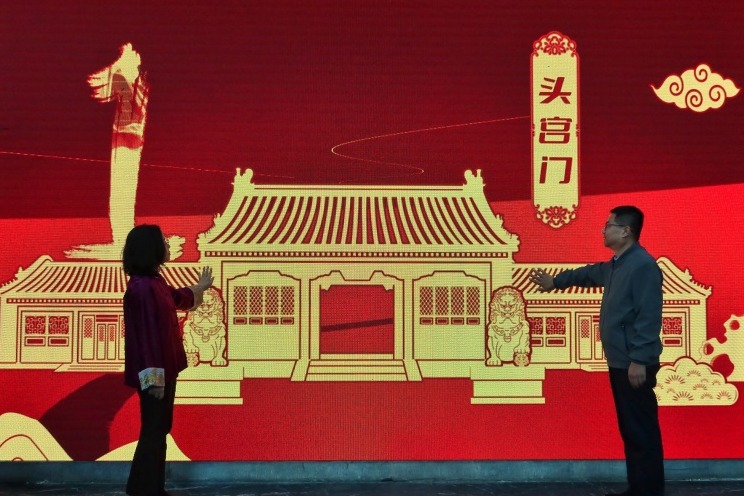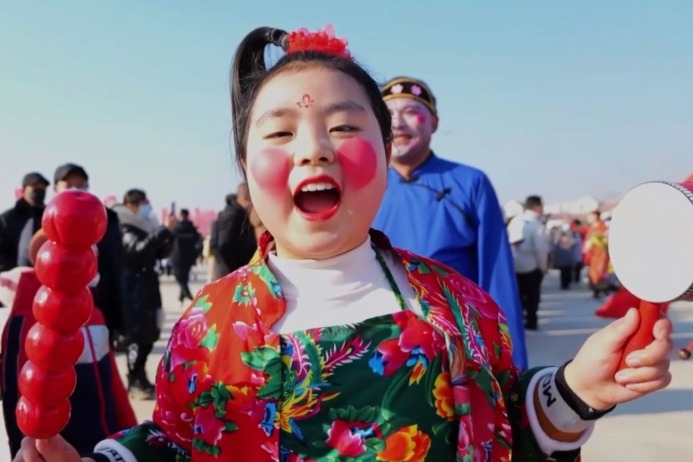Collective memories in the nation's history


"The film is about historic moments and collective memories that are etched in our minds," says Huang, who in recent years has produced blockbusters such as Operation Mekong.
Meanwhile, Chen says the film will feature China's achievements in the past seven decades and the Chinese drive for a better future.
The other six directors also share their most memorable historic moments.
Wen recalls the moment when he entered the film industry in 2015, when Ning recruited him to direct and write the script of Dying to Survive, which became a phenomenal hit in 2018.
"I had written the script over three months but then felt completely clueless."
Wen then turned on the television set and found that most channels were broadcasting live the military parade to mark the 70th anniversary of the War of Resistance Against Japanese Aggression (1931-45).
"When I turned off the TV I found myself reinvigorated. I finally understood why the young generation feel safe and confident," says Wen about the parade that refueled him with energy to return to the writing of Dying to Survive which shot him to fame.
For Ning, one of the most commercially successful directors in China, his most memorable moment was seven days after the Wenchuan earthquake on May 12, 2008.
When he and his colleagues were at the office, a series of car horns drew their attention.
Then with more and more vehicles joining the chorus they realized that it was a collective mourning of the deaths as tradition demanded.
"At that moment you could feel that everyone's heart was connected," says Ning.
Fu Ruoqing, the chairman of Huaxia Film, says the company got the idea to make the film around four months ago and says it will be very inspirational.
The film is scheduled to open across the mainland during the National Day holiday week in early October.





































